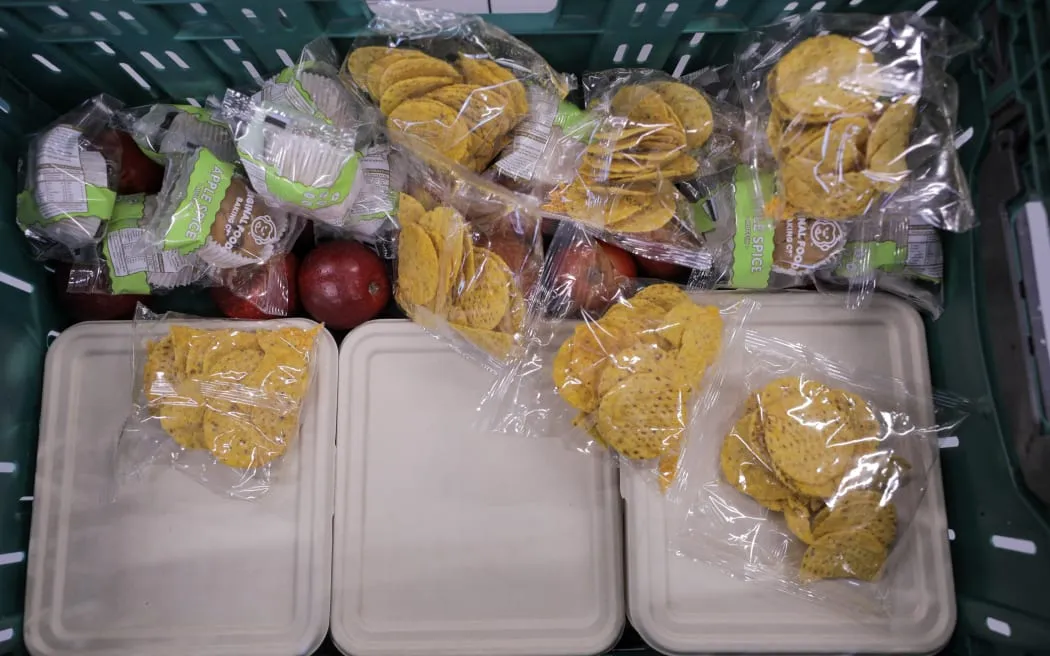The New Zealand School Lunch Programme: A Success Story?
In 2019, the New Zealand government launched a school lunch programme aimed at providing healthy and affordable meals to students. The programme has been met with mixed reviews, but it has made significant improvements in addressing food poverty and promoting student health.
**Addressing Food Poverty**
The programme addressed the problem of healthy food being too expensive for families, and had “alleviated stress for many whānau, by reducing grocery bills and the cost of living”. One whānau member said: “To prepare a healthy lunch takes time, we are hard [working] and [do] long hours [on the farm]. I actually look at this like a bit of ‘tax break’ – it’s a targeted tax break for the parents of kids.”
**Public Health Benefits**
Public health nurses noted anecdotal improvements in student health, with fewer cases of impetigo (school sores), headaches, malnutrition, constipation and abdominal pain, and some instances of enhanced dental health.
**Community Benefits**
Schools that used the internal model – where schools were funded to produce the food themselves rather than getting it from a third party provider – appreciated the opportunity to employ members of the community, often older people, including kuia and kaumātua Māori. It also grew local businesses, they said. “Most external suppliers to the programme (many of whom were Māori businesses) reported increases in turnover, and therefore the number of staff they can employ.”
**Challenges Ahead**
However, some critics have raised concerns about the cost-effectiveness of the new system. The report recommended encouraging schools to establish protocols and tikanga kai surrounding the meals, and for the ministry to consider investment in producing standardised curriculum content that complements the programme.
**Conclusion**
The New Zealand School Lunch Programme has made significant strides in addressing food poverty and promoting student health. While there are challenges ahead, the programme’s success story is a testament to the power of innovative policy solutions. By prioritising the needs of students and communities, we can create a healthier and more equitable society for all.
The Future of School Lunches
The report made several recommendations for the future of school lunches, including:
* Using feedback loops from students to providers to improve or refine meals
* Encouraging schools to establish protocols and tikanga kai surrounding the meals
* Investing in producing standardised curriculum content that complements the programme
By implementing these recommendations, we can build on the success of the New Zealand School Lunch Programme and create a more sustainable and equitable food system for generations to come.
Sign up for Ngā Pitopito Kōrero, a daily newsletter curated by our editors and delivered straight to your inbox every weekday.

0 Comments